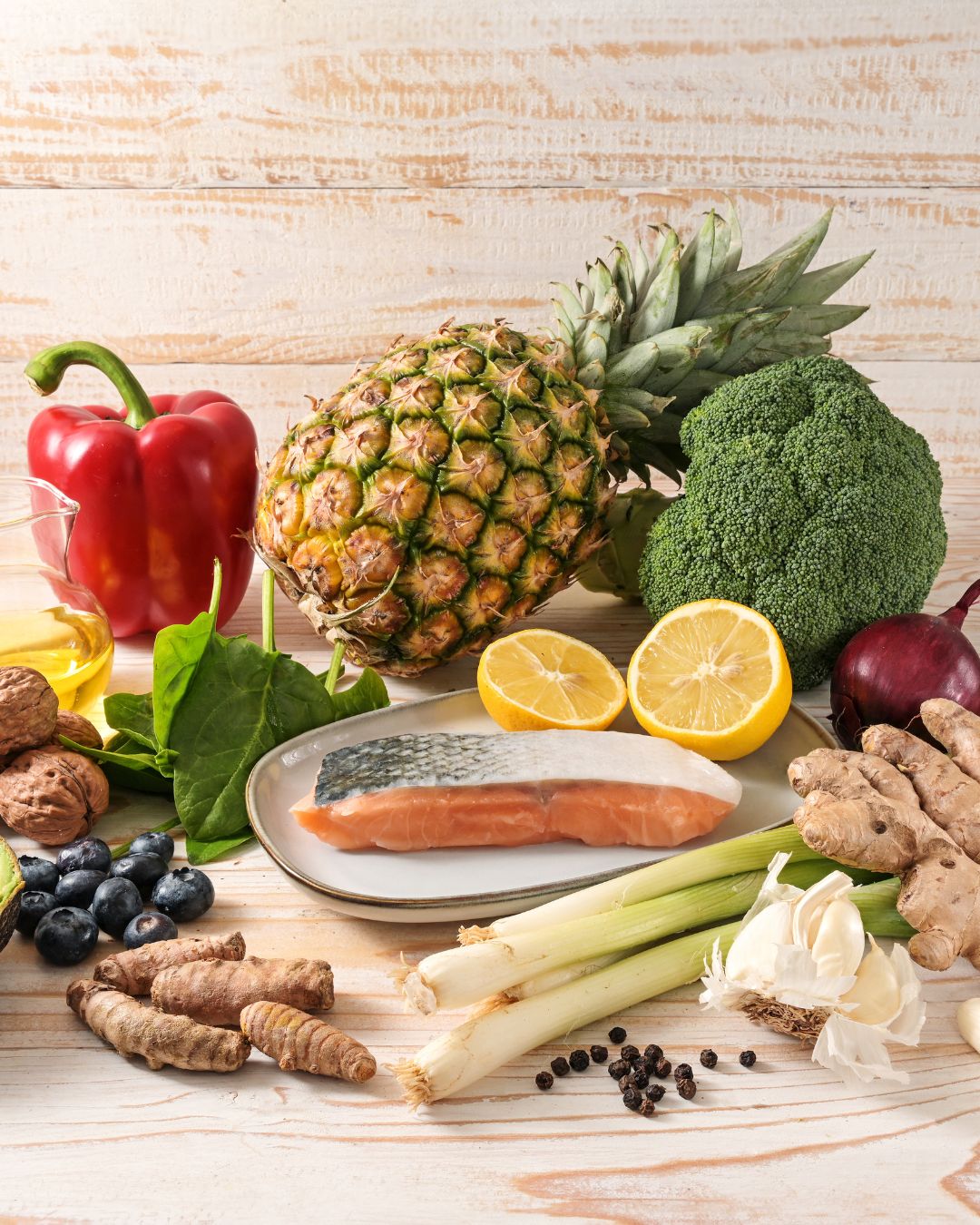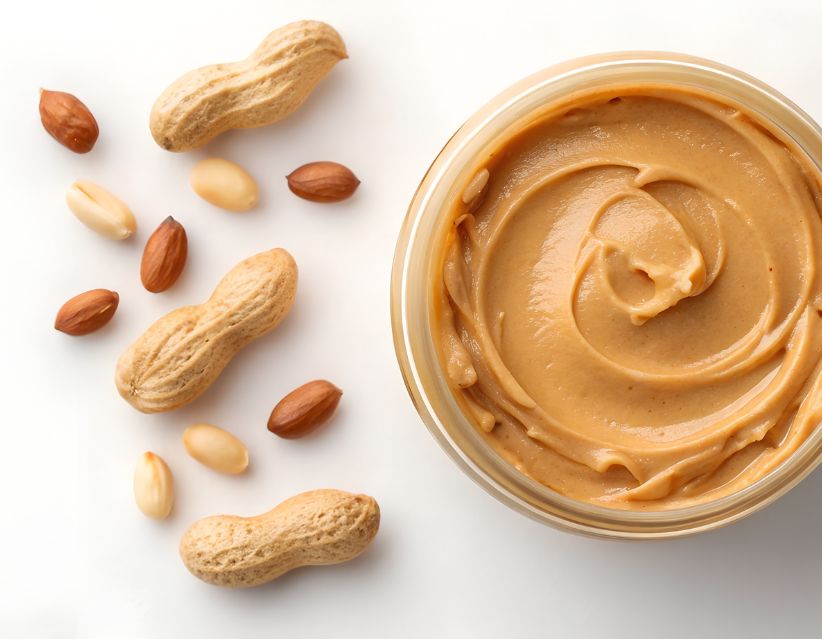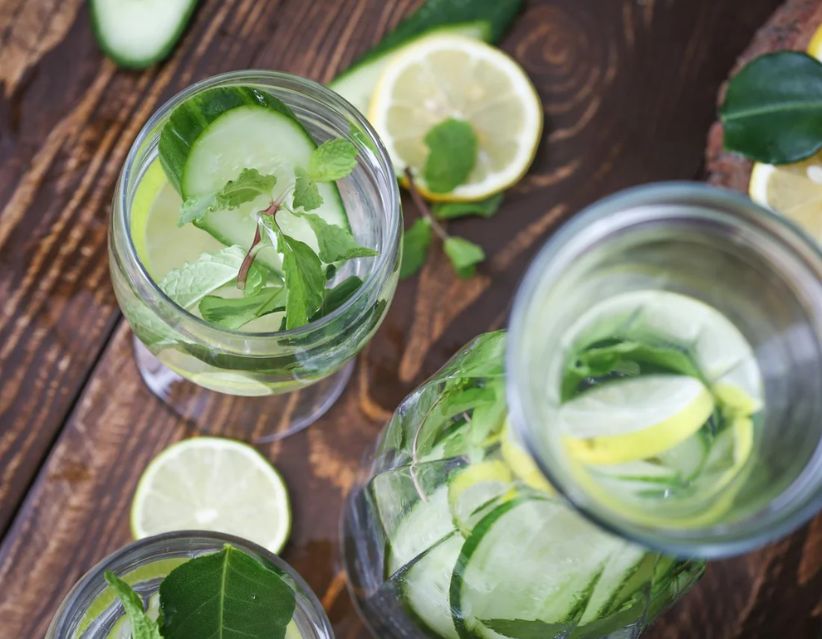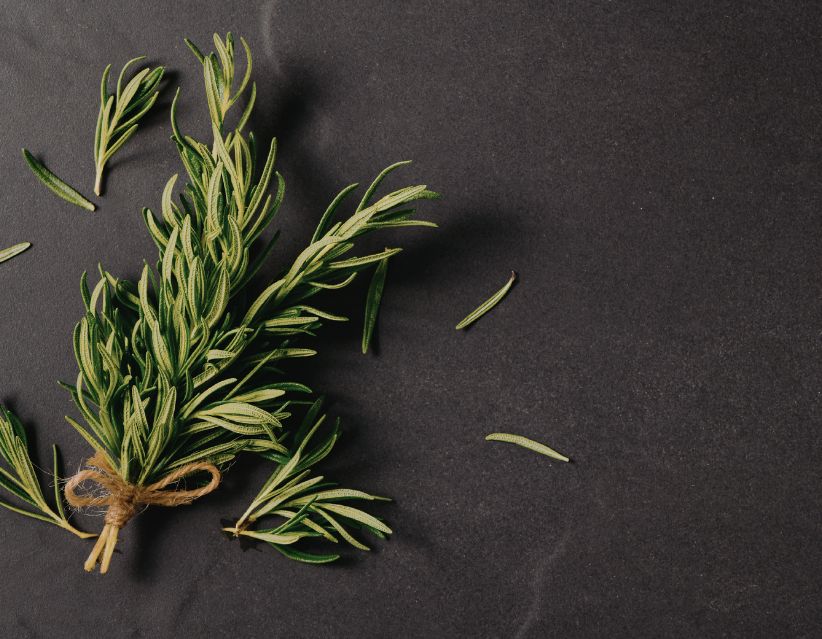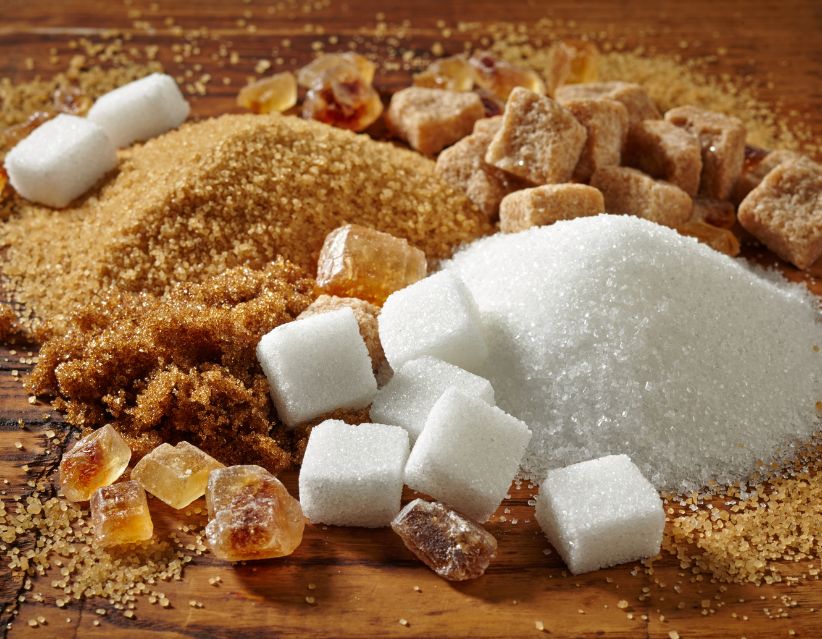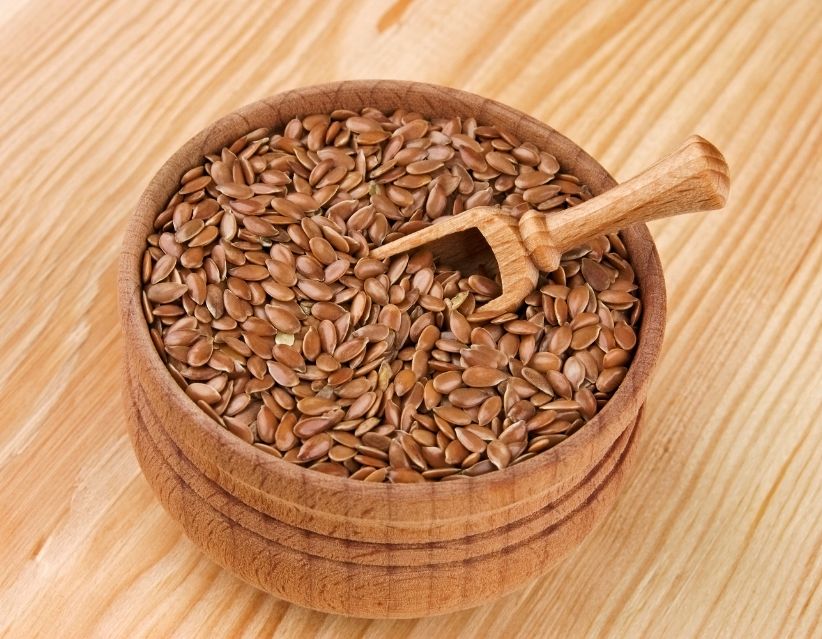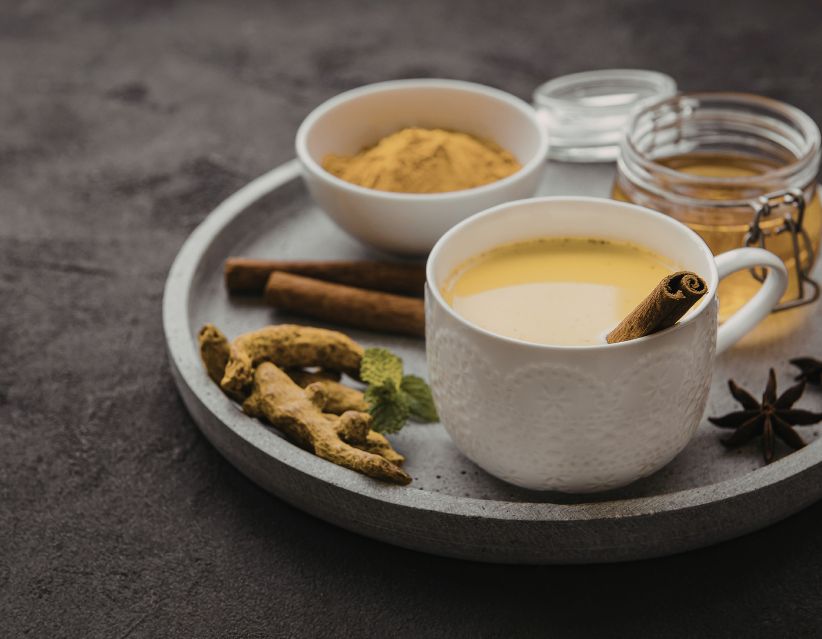I may only be 25, but my granny, who has always been my biggest inspiration, has taught me a lot about health, wellness, and natural remedies. She’s 75, full of energy, and barely ever complains about joint pain or fatigue. Her secret? A diet full of fruits that help with inflammation and other natural anti-inflammatory foods. I grew up watching her sip on tart cherry juice, snack on berries, and swear by a daily orange. And now, as I learn more about health, I realize that everything she did was backed by science.
Inflammation is something many people struggle with, often without even realizing it. It can show up as bloating, joint pain, constant fatigue, or even acne. While medication has its place, my granny has always told me: "Your food is your first medicine." So, in honor of her wisdom, here’s my list of anti-inflammatory fruits that can help reduce chronic inflammation naturally.
Understanding Inflammation and Its Impact on Health
Inflammation is the body’s natural response to injury, infection, or harmful stimuli. Acute inflammation is beneficial—it helps heal wounds and fight infections. However, chronic inflammation is the real problem. It’s linked to conditions such as arthritis, heart disease, diabetes, and even autoimmune disorders.
When I was younger, I didn’t think much about inflammation. But my granny always reminded me to eat fresh, colorful fruits, saying, "They’ll keep you strong." And she was right! Science now confirms that the antioxidants, polyphenols, and vitamins in fruits help combat oxidative stress and chronic inflammation.
8 Best Anti-Inflammatory Fruits to Add to Your Diet
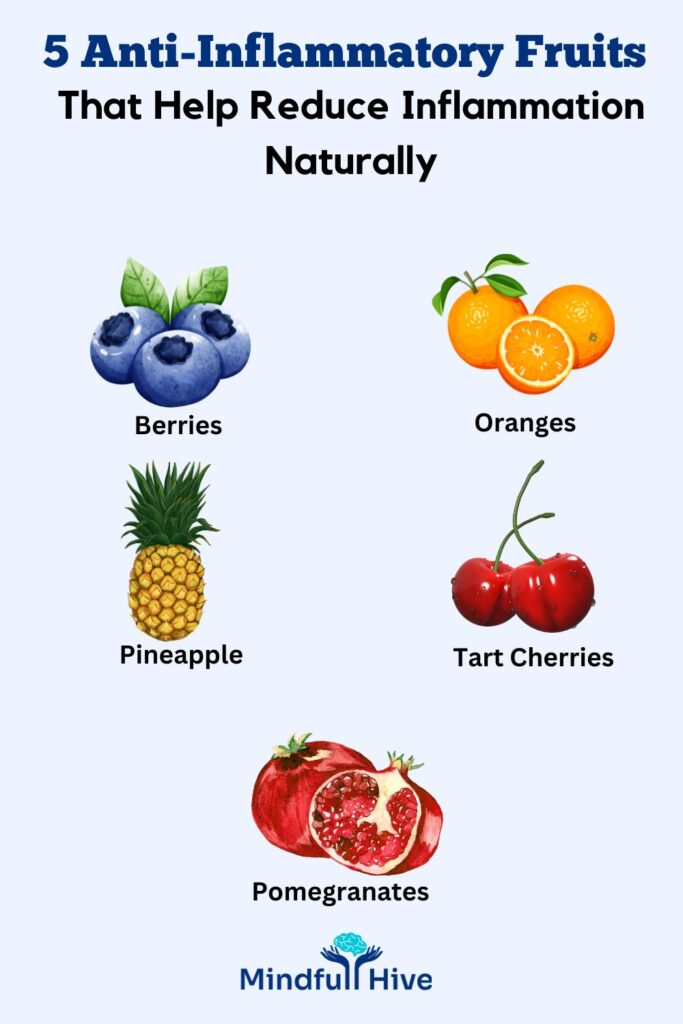
1. Berries - The Antioxidant Powerhouses
Berries, such as blueberries, strawberries, and blackberries, are loaded with polyphenols, particularly anthocyanins, which help fight inflammation.
Personal Tip: My granny always started her day with a bowl of berries, and now I do too! It’s the perfect way to load up on antioxidants first thing in the morning.
2. Oranges - Packed with Vitamin C
Oranges contain flavonoids and vitamin C, which are known to reduce inflammation and boost immunity.
Personal Tip: Every morning, my granny would slice up an orange and hand me half. Now, I drink fresh orange juice or eat an orange as a mid-day snack.
3. Pineapple - The Bromelain Superfruit
Pineapple contains bromelain, an enzyme with powerful anti-inflammatory and digestive benefits.
Personal Tip: My granny made fresh pineapple juice with a pinch of turmeric—double the anti-inflammatory benefits!
4. Tart Cherries - The Natural Pain Relievers
Tart cherries are rich in anthocyanins and have been proven to reduce muscle soreness and joint inflammation.
Personal Tip: My granny drinks tart cherry juice every night and swears by it for better sleep and joint health. I’ve started doing the same, and it really works!
5. Pomegranates - The Polyphenol-Rich Fruit
Pomegranates are full of polyphenols and flavonoids, which help reduce oxidative stress and inflammation.
Personal Tip: I sprinkle pomegranate seeds over my salads, just like my granny taught me. They add a sweet crunch and loads of antioxidants.
6. Avocados - Healthy Fats for Inflammation
Avocados contain monounsaturated fats and quercetin, making them one of the best anti-inflammatory diet fruits.
Personal Tip: My granny always mashed avocados on whole-grain toast with a sprinkle of flaxseeds for an anti-inflammatory breakfast. Now, it’s one of my go-to meals!
7. Apples - A Crunchy Source of Flavonoids
Apples, especially with the skin on, contain quercetin, which is known to fight inflammation.
Personal Tip: My granny says, "An apple a day keeps the doctor away," and I still follow her advice! I love slicing apples and dipping them in almond butter.
8. Grapes - A Sweet Source of Resveratrol
Grapes contain resveratrol, a compound that helps combat inflammation and protect heart health.
Personal Tip: My granny keeps a bowl of frozen grapes in the freezer for a refreshing snack. It’s one of my favorite summer treats!
How to Include These Fruits in Your Daily Routine
Eating these anti-inflammatory fruits doesn’t have to be complicated. Here are some easy ways to add them to your diet:
- Smoothies – Blend berries, pineapple, and avocado with spinach for a super anti-inflammatory drink.
- Salads – Toss pomegranate seeds, apples, and oranges into a fresh salad.
- Snacks – Enjoy an apple or a handful of grapes as a quick snack.
- Juices – Drink tart cherry juice or fresh orange juice for added benefits.
- Desserts – Use berries and pomegranates in homemade yogurt bowls or oatmeal.
- Avocado Dips – Make guacamole with turmeric and garlic for added benefits.
Personal Story: My Granny’s Secret to Staying Young
My granny has been my biggest inspiration when it comes to health and wellness. Despite being 75, she walks every day, cooks fresh meals, and never skips her daily dose of anti-inflammatory diet fruits. When I asked her how she stays so energetic, she simply said, "I eat what nature gives me, and I keep moving!" That simple wisdom has stuck with me, and now I prioritize my health the same way.
She also taught me that food isn’t just about filling our stomachs—it’s about healing our bodies. That’s why she always made sure I had plenty of fresh fruits growing up, and now, I do the same. If you’re looking for natural inflammation remedies, take a page out of my granny’s book and start adding these fruits to your diet!
FAQs on Anti-Inflammatory Fruits
Q1: Can these fruits replace medication for inflammation?
A1: While these fruits help reduce inflammation, they should be part of a balanced diet, not a replacement for prescribed medication. Always consult your doctor.
Q2: How often should I eat these fruits?
A2: Try to include 1-2 servings of these fruits for inflammation daily for the best results.
Q3: Are dried fruits good for inflammation?
A3: Some dried fruits contain added sugars, which can promote inflammation. Choose unsweetened dried fruits in moderation.
Q4: Can I eat these fruits if I have diabetes?
A4: Many of these fruits have natural sugars, so portion control is key. Consult a healthcare provider for personalized advice.
Q5: Which fruit is the best for inflammation?
A5: While all of these fruits offer benefits, berries and tart cherries are among the most powerful.
Final Thoughts
If my granny’s energy and vitality are anything to go by, anti-inflammatory diet fruits are definitely worth adding to your daily routine. These fruits aren’t just delicious—they help keep inflammation at bay, boost immunity, and support overall well-being. Take it from my granny: "Eat fresh, move daily, and let nature do its magic!"

